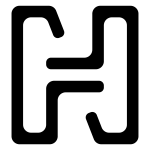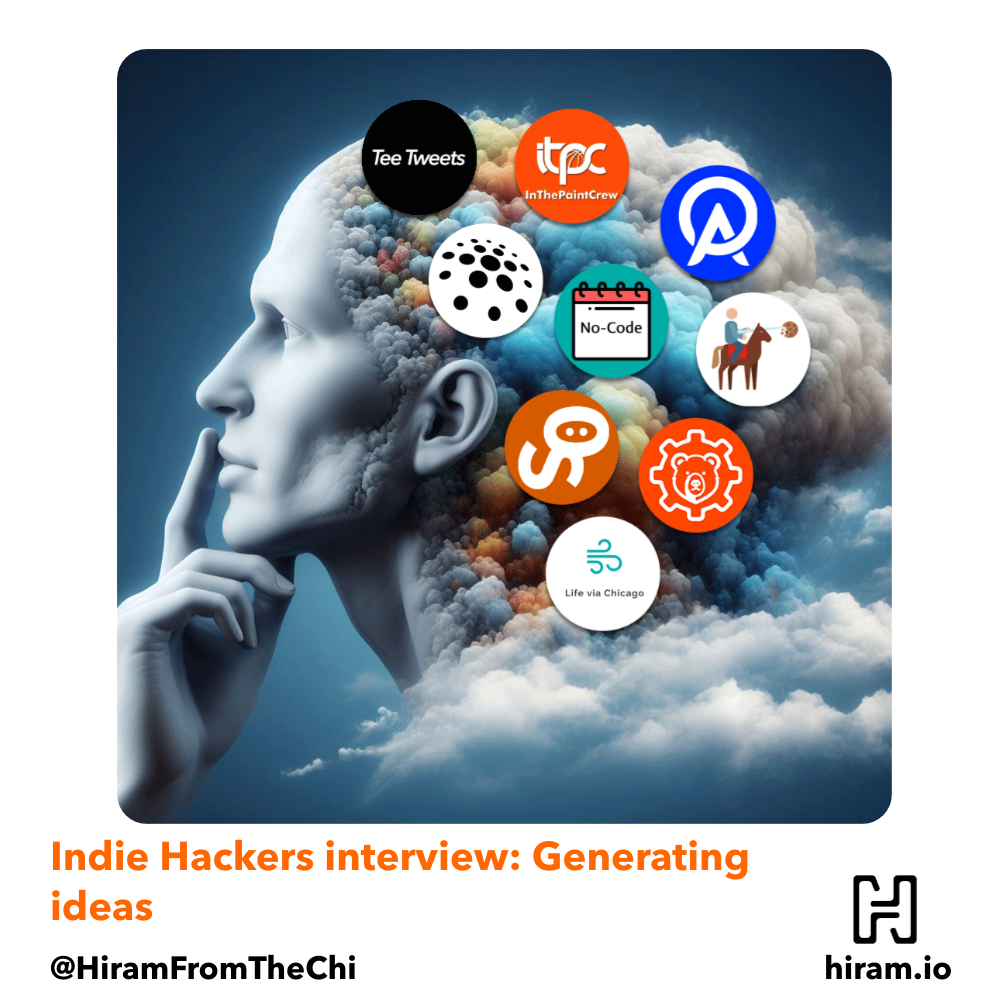Tell me the story of how you came up with the idea for your product
Most—if not all—of my ideas are born out of personal needs/desires.
Tee Tweets: Wear any tweet in the world
It was 2017, and all the attention was on Twitter. After having ingested so much "attention is currency" philosophy—which I later learned is false—I knew that people would wanna wear tweets. Even though I didn't even have a Twitter account, I wanted to wear tweets (mostly sarcastically). This led me down the path of wearing tweets for different occasions and with different sentiments. I quickly learned that some people wanted to wear tweets sarcastically, in support of things, in protest of things, and for other reasons as well. It was awesome, because it was almost like a physical retweet (or retweet with comment). Tee Tweets put the message back into people's hands. And I loved that.
InThePaintCrew: A new wave of basketball media
I started InThePaintCrew shortly after reading the book What Would Google Do? As an avid basketball fan, I always wanted to be involved with the NBA and with the sport in general. The problem is that the NBA is a very tightly-knit circle, and I couldn't figure out a way to make it in. After reading the book, I finally said, "You know what, I'll make my own basketball circle." The book opened my eyes to the possibilities of creating something around your interests, which is what I did. Many years later, InThePaintCrew has a community of around 30,000 basketball fans.
OptikAnalytics: Privacy-respecting Google Analytics alternative
I'm big into privacy and security, and I couldn't find analytics software that met my needs. Google Analytics is not GDPR compliant and illegal in the EU. Plus, I'm living a de-Googled life, so that wasn't an option. Some lightweight analytics software are pretty good, but when you're looking for some more advanced features (like heatmaps and screen recordings), you gotta piece them together with other tools. With OptikAnalytics, you have the choice between cookie-less, lightweight analytics that respect your users' privacy, and more robust features that may or may not require cookie banners (depending on where you are). Either way, OptikAnalytics was born out of a personal need.
SwapMyOS: The GrapheneOS installation service
When I talk to people about my mobile operating system and explain what it is and how it works, they're always fascinated and have tons of questions about it. In online communities especially, they say they want to get started with GrapheneOS but don't know how. So I spun up SwapMyOS as a service to help with that. SwapMyOS is very nascent, so I'm still validating the service. We'll see how it pans out. In a nutshell, SwapMyOS was born out of listening to this tiny—yet growing—market.
CookieSlayers: Amplifying products that improve the internet
Another idea born of a personal need. Wanting to combat surveillance capitalism and enshittification, I wanted to collect products, services, and companies that don't have a billion third-party tracking cookies so that I could use them. I know I'm not the only one looking for them, and I couldn't easily find a centralized location that had this information. And so, CookieSlayers was born.
No-Code Calendar: The no-code community's calendar
Back when I was more active on Twitter, I'd see events pop up in my feed from time to time. But no one ever sees the same feed, and tweets are so ephemeral, so by the time the event rolled around, I had missed the event. No-Code Calendar aggregates no-code events around the world. No-Code Calendar allows anyone to submit their event, regardless of where it is or what it's about (as long as it relates to no-code, of course). It allows organizers capture a broader audience, since it escapes Twitter's walled garden. There's no accounts or registration necessary—simply post the event info. It's 100% free.
OpenSourcely: The homepage of open source
A link aggregator for everything related to open source. As an open source enthusiast, I wanted to aggregate everything that's going on in the world of open source. It's kind of like a mini Reddit for open source, once again—without the walled garden of Reddit/subreddits.
LifeViaChicago: Chicago photography and lifestyle
I've always enjoyed Chicago landscape photography, and despite there already being a lot of similar outlets, I decided to build a niche community around it anyways. I sort of took it as a challenge for myself to try to grow something in a saturated environment. It has gone pretty well—in a short amount of time, LifeViaChicago is at around ~16,000 followers.
Reddit Account Manager: Keep track of bookmarks, accounts, and subscriptions in one place
The idea for this product came to mind when I was reading comments on Reddit. There were conversations about people wanting to delete their Reddit accounts and start new ones, but they were frustrated because they didn't wanna lose their bookmarks. They also had multiple accounts, each with different subscriptions, and felt like managing them were a pain. Having worked with databases and no-code tools quite a bit, I sprang into action and started building identical products on Airtable, Baserow, Notion, Coda, and ClickUp that users would be able to clone to facilitate their Reddit accounts, bookmarks, and subscription management needs.
Do you have an ideation process, and if so what is it?
I've never sat down to think of ideas specifically, I just pay attention to what people say—and more importantly, what they do. These things come up in everyday life. Sometimes, inspiration does strike randomly. But usually, it's linked to something I come across in one capacity or another. Sometimes indirectly, sometimes indirectly.
When it does happen, I immediately write it down in this format:
- Problem
- Solution
- How I'd build it
Sometimes I write a few sentences, and sometimes I write paragraphs. Either way, just write things down as quickly as possible and don't stop until you've completely run out of thoughts.
What's your advice for indie hackers trying to come up with their big idea?
It really comes down to paying attention. Don't try to create something and then find the problem for it later. Instead, pay attention to what people say and do. Ask yourself why they say and do these things. What's it for? What does it bring them?
Moreover, don't ignore your personal problems, either. If you're having a problem with something, chances are you're not alone. Of course the size of that market will vary depending on the problem, but you also never know where solving these seemingly small personal problems will lead. In my experience, they've led to opportunities I hadn't imagined.
- Web: hiram.io
- Rising Tide (blog): hiram.io/blog
- LinkedIn: @hiramfromthechi
- Twitter/X: @hiramfromthechi
- Medium: @hiramfromthechi
- Mastodon: @hiramfromthechi@mastodon.social

